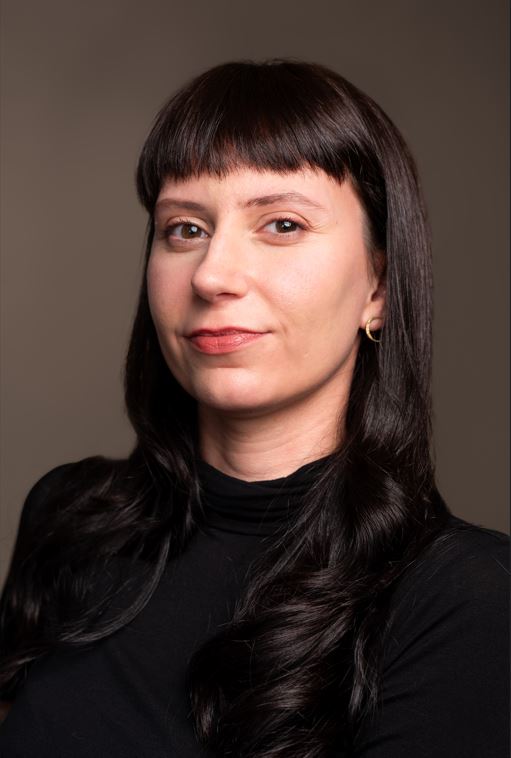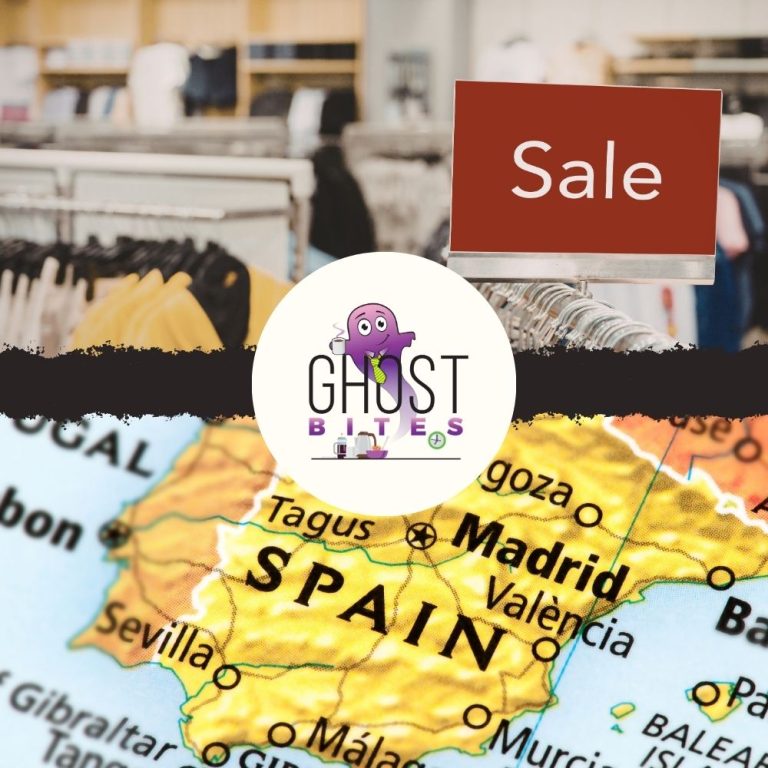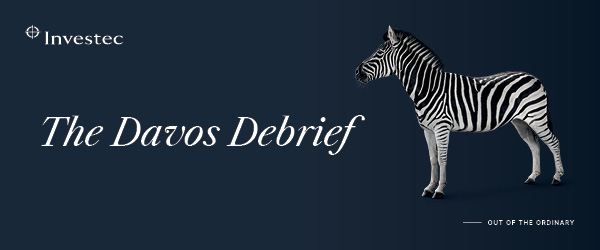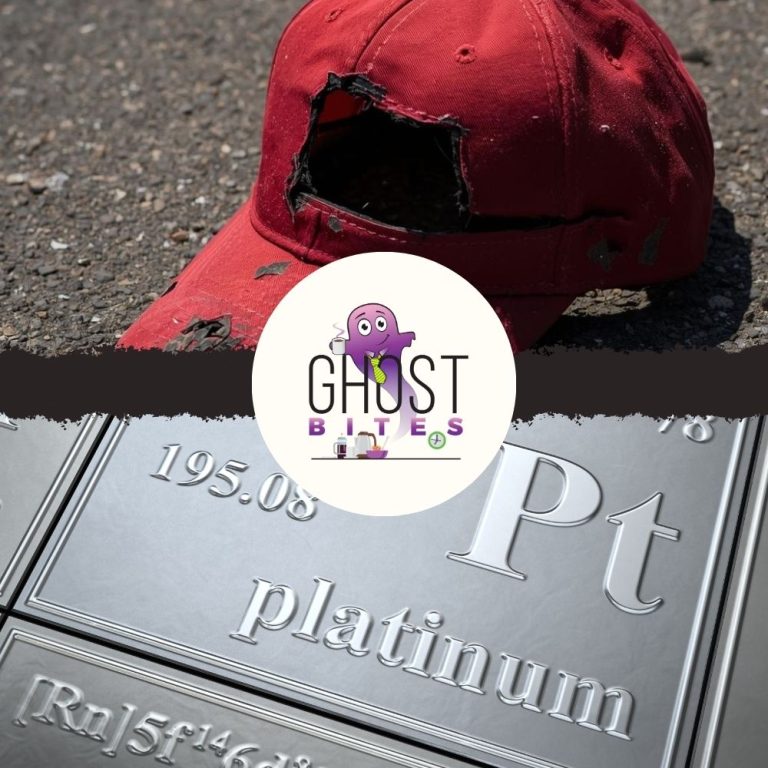From galloping horses to “typing…” bubbles, we’ve spent centuries chasing faster ways to communicate. Clarity, it turns out, hasn’t kept the same pace.
Earlier this week, I found myself in a very modern kind of limbo: a WhatsApp conversation with a service provider that simply refused to end.
This, on its own, is unremarkable. I’m sure you’ve also noticed that a growing number of small businesses have retired their reception desks in favour of a single, dedicated WhatsApp line. In theory, it’s efficient, personal, and refreshingly direct, and in practice it usually works just fine.
What made this exchange different was the way every straightforward question I asked was met with an answer that was technically responsive but functionally useless. Not wrong. Just vague. And so the conversation dragged on, message by message, as I tried to establish one very basic thing: was this person actually the right service provider for the job? By the time the matter was resolved, I had spent what felt like ages engaged in a game of WhatsApp ping-pong with a stranger who seemed determined to remain just out of reach of specificity.
I was thinking about this exact exchange later in the week when I read about the history of the Pony Express and how revolutionary it was at the time to be able to send a letter from one end of the United States to the other in only 10 days. With mounting horror, I considered how long the protracted conversation with the service provider would have been if, instead of WhatsApp, we were reliant on teenage boys crossing a vast and dangerous expanse on horseback with a bag full of mail.
The question of the service provider was thankfully (eventually) answered, after an abundance of messages were exchanged. But the awareness of how far we’ve come in terms of getting messages (and even goods!) to each other in the last two centuries has stuck with me.
Once upon a time
The Pony Express began operations in 1860 and, for just 18 months, achieved something that previously seemed implausible: delivering mail between the east and west coasts of the United States in less than a fortnight. That sounds extremely slow to our modern ears, but before this, communication between the two coasts could take weeks or even months. In a country stretching rapidly westward, that delay was becoming deeply inconvenient.
California was the reason urgency suddenly mattered. After gold was discovered there in 1848, the population exploded. By 1860, nearly 380,000 people had become Californians, many with financial, political, and family ties back east. California itself had become a state, a battleground of political opinion, and a strategic concern as the Civil War loomed. Yet it remained, in practical terms, very far away from almost everything.
The Pony Express was created in an attempt to shrink that distance. It was founded by William Russell, Alexander Majors, and William Waddell, three experienced logistics operators who already ran vast freighting operations supplying the western frontier. These weren’t romantics – they were businessmen with government contracts, warehouses, wagons, oxen, and an appetite for scale. The fast-mail idea was bold, expensive, and widely dismissed as impossible. But that didn’t put them off.
Instead of using stagecoaches (which is what the post office was doing at the time), they proposed a relay system of mounted riders travelling a shorter, more direct route. Horses would be changed every 16 to 24 kilometers. Riders would be swapped out roughly every 120 to 160 kilometers. The only cargo would be a proprietary leather mail pouch – called the mochila – thrown over the saddle. Everything else (besides a rifle) was stripped away to save weight.
Cape to Congo
The entire system was assembled in just two months of winter. By early 1861, the route was established, stretching nearly 3,000 kilometers from St. Joseph, Missouri, to Sacramento, California (for context – that’s about the distance from Cape Town to the middle of the Democratic Republic of the Congo). The Pony Express crossed plains, deserts, mountains, and territory that was, at best, unpredictable, and at worst, full of warring Native American tribes. Around 190 stations dotted the route, many little more than rough shelters in remote landscapes. Riders travelled day and night, in snow, heat, and isolation.
The Pony Express rider himself had to be lightweight, weighing in at under 60kg, and tough enough to survive the exertion and the elements. For this, he would be paid $125 a month, a handsome wage at the time, though it came with the small downside of constant danger. Naturally, the horses were as critical to the operation as the riders themselves, and they were worked hard. Chosen for speed and stamina rather than size, these “ponies” were expected to run at a fast canter for most of a stage, often up to 24 kilometers an hour, and to be pushed into a full gallop when time or danger demanded it. The moment a rider arrived at a station, the mochila was thrown onto the next horse and the race continued.
During its short life, the Express carried around 35,000 letters faster than anyone thought possible. Perhaps its most famous moment came during the 1860 presidential election. While previous election results had taken months to reach California, the outcome of Abraham Lincoln’s victory arrived in just over seven days – an unrivalled feat at the time, and a powerful demonstration of what the system could do.
Success at a cost
Pony Express riders were often little more than teenagers, chosen not for their experience but for their light weight, stamina, and willingness to take risks that older men might hesitate over. Billy Tate was only fourteen when he took on one of these routes in Nevada. During the Paiute uprising of 1860, he was chased by a group of Paiute warriors and forced into the hills. Outnumbered and trapped behind a cluster of rocks, he fought until he ran out of ammunition but still managed to take down seven of his attackers. When his body was found, it was riddled with arrows but he had not been scalped – a sign, according to contemporary accounts, that his attackers respected his bravery.
Bart Riles was a Mexican teenager with an exceptional knowledge of the Nevada desert. When he was shot on his route – whether by accident or ambush, history disagrees – he knew he would not survive the journey. Instead of dismounting, he tied himself to the saddle, trusting that his horse would follow the familiar route to the next relay station. It did, and Riles’ mochila was transferred to a fresh rider and continued on its way, even as Riles died at dawn.
A swift end
For customers, the price of speed was steep. Sending a half-ounce letter initially cost $5, which was roughly 250 times the cost of ordinary mail. The founders hoped this would be a temporary bridge to a lucrative government contract. Unfortunately, that contract never came.
In October 1861, the transcontinental telegraph reached Salt Lake City, completing the wire between east and west. Messages that once took ten days could now travel in minutes. Two days later, the Pony Express announced its closure. Financially, it had been a failure – it grossed $90,000 and lost $200,000. Its founders never secured the government backing they needed. Within a few years, its assets would be absorbed into other companies, eventually landing with Wells Fargo.
Yet its failure didn’t erase its impact. The Pony Express proved that a unified, year-round communication system across the continent was possible. And once it disappeared, it was almost immediately romanticised as a symbol of endurance, ingenuity, and a brief moment when speed depended not on wires or machines, but on human stamina and a galloping horse.
Speed, reconsidered
The Pony Express didn’t fail because it moved too slowly (either literally or metaphorically). It failed because something faster and more efficient arrived. For a brief moment, it solved a real problem and proved what was possible. It reset expectations. But once communication could travel by wire instead of horseback, endurance and effort stopped mattering as much as convenience and cost efficiency.
Modern businesses face the same reality. Speed is easy now. Messages are instant and channels are everywhere. The scarce resource is clarity. As my experience with the service provider proved, fast responses that don’t answer the question are just noise, no matter how modern the platform.
The lesson of the Pony Express is simple: disruption doesn’t reward motion. It rewards usefulness. And when a better system appears, the old one isn’t remembered for how hard it tried – only for whether it delivered.
About the author: Dominique Olivier

Dominique Olivier is the founder of human.writer, where she uses her love of storytelling and ideation to help brands solve problems.
She is a weekly columnist in Ghost Mail and collaborates with The Finance Ghost on Ghost Mail Weekender, a Sunday publication designed to help you be more interesting. She now also writes a regular column for Daily Maverick.
Dominique can be reached on LinkedIn here.


















